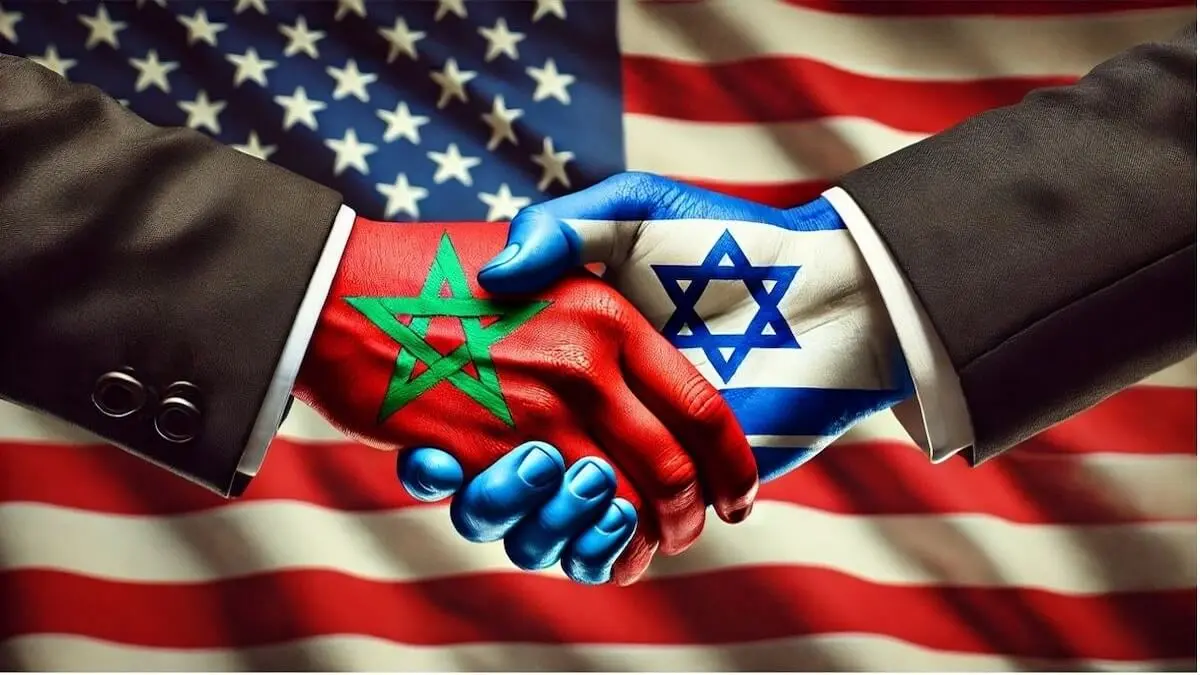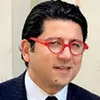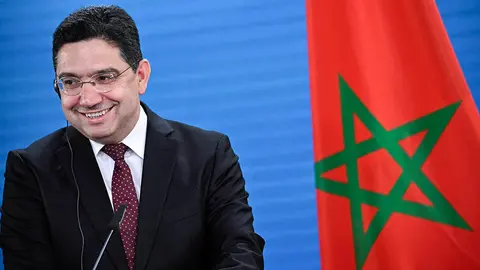Morocco and Israel: A Historic Opportunity to Upgrade Diplomatic Relations

- Abraham Accords. 2.1
- Public Opinion and Domestic Considerations
- Case Studies of Other Nations' Diplomatic Upgrades
- Impact on Morocco's Foreign Policy
- The Strategic Importance of Upgrading Bilateral Liaison Offices to Fully Functional Embassies
The historical links between Jews and Morocco are rich and multifaceted, spanning centuries of shared history, culture, and mutual influence. The Jewish presence in Morocco dates back to ancient times and was significantly bolstered in 1492 when many Sephardic Jews found refuge in Morocco, bringing a wealth of cultural and intellectual heritage.
Moroccan Jews made significant contributions to the country's cultural and social fabric, enriching literature, music, and cuisine. Despite emigration during the mid-20th century, the Moroccan Jewish diaspora maintained strong cultural and familial ties with Morocco. These connections are celebrated in annual events, highlighting the enduring bond between Morocco and its Jewish community.
The modern relationship between Morocco and Israel is supported by this deep historical connection, with over a million Israelis of Moroccan descent maintaining cultural and familial ties. This rich shared history underscores the unique and irreplaceable bond between the two nations, fostering a legacy of cooperation and goodwill.
Abraham Accords. 2.1
With the U.S. leadership under President Donald Trump, followed by the continuation of strategic foreign policies, Morocco has secured significant diplomatic gains as in December 2020, under the U.S.-brokered Abraham Accords, Morocco agreed to reinstitute relations with Israel, reopening liaison offices that had been closed for two decades. This move was reciprocated by U.S. recognition of Moroccan sovereignty over Western Sahara, a region of existential importance to Morocco.
This agreement highlights Trump's transactional and results-oriented approach to diplomacy. Under the leadership of President Trump, the 47th U.S. administration will revitalize efforts to strengthen the alliances established through the Abraham Accords. For Morocco, this may lead to increased U.S. support for its territorial claims and bolster Morocco’s diplomatic efforts to obtain a seat as the sixth permanent member of the United Nations. Additionally, Morocco aims for the US to designate the Polisario separatist group as a terrorist organisation and consequently Algeria as a sponsor of a terrorist organisation, which would bring stability to the most needed stability to north Africa and further solidify Morocco’s position in regional conflicts and enhance its security in the eyes of international allies.
Public Opinion and Domestic Considerations
Public awareness campaigns are vital for fostering public support. While official relations between Morocco and Israel have warmed, it is important to note that approximately one-third of the Moroccan population expresses reservations about this relationship, influenced by external factors and various Palestinian support organizations. Additionally, challenges may arise from regional actors opposing closer ties between Morocco and Israel, as well as from internal political dynamics. Addressing these concerns through transparent communication and strategic planning will be essential for moving forward effectively.
Case Studies of Other Nations' Diplomatic Upgrades
A prominent example is the United Arab Emirates, which elevated its diplomatic mission in Israel. This strategic move not only resulted in substantial increases in bilateral trade and tourism but also fostered stronger political and economic ties. Such a diplomatic upgrade serves as a compelling model for Morocco, highlighting the potential benefits of enhanced diplomatic engagement and offering a blueprint for similar efforts in the future. The UAE's success underscores the importance of diplomatic evolution in strengthening international relations and economic cooperation.
Impact on Morocco's Foreign Policy
The establishment of a full embassy in Tel Aviv would signify Morocco's strategic dedication to broadening its international partnerships. Such a move would not only bolster Morocco's standing as a pivotal actor in regional diplomacy but also exemplify its proactive approach to forming new alliances. This diplomatic endeavour underscores Morocco's intent to diversify its foreign policy, thereby enhancing its influence and presence on the global stage. By embracing these new diplomatic relations, Morocco demonstrates its readiness to engage with a wider array of international actors, fostering a dynamic and multifaceted foreign policy framework.
The Strategic Importance of Upgrading Bilateral Liaison Offices to Fully Functional Embassies
Donald Trump’s successful bid for the U.S. presidency in the 2024 elections marks the beginning of a transformative chapter in global politics. Known for his bold approach to diplomacy, Trump’s administration is poised to reignite initiatives that strengthened ties between the United States, Israel, and Morocco. This shift offers Morocco a strategic opportunity to solidify its position in the region by upgrading its liaison mission in Tel Aviv to a full-fledged embassy, reinforcing its trilateral partnership with the U.S. and Israel.
Morocco’s upgrade represents more than just a diplomatic formality; it is a strategic move that will yield tangible benefits for Morocco, and the broader region. Morocco’s move demonstrates its commitment to pragmatic diplomacy, regional leadership, and a proactive and influential player in Africa and the Middle East. it will reinforce its global standing and contribute to a more stable and prosperous region.



